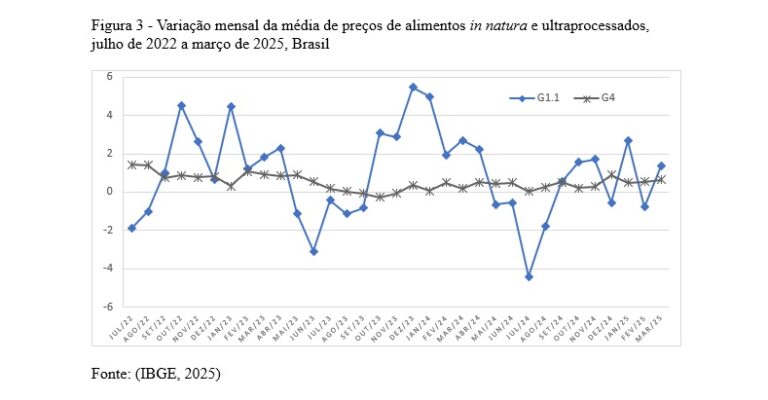Date seeds are valuable by-products due to their nutritional and bioactive ingredients, offering various food applications
Beatriz Riverón | 27/08/2024
General information
The date palm (Phoenix dactylifera L., family Arecaceae) is a crucial agricultural crop in most Middle Eastern countries, and its fruit, known as the date, is consumed by millions of people worldwide.
Date seeds, often considered waste and used as feed for domestic farm animals, have a rich chemical composition that makes them suitable for use in the formulation of food products, dietary supplements, and cosmetics.
These seeds contain minerals, carbohydrates, oils, proteins, dietary fiber, and phenolic compounds with potential biological properties.
Nutritional Contribution
Date seeds are a significant source of essential minerals such as potassium, magnesium, phosphorus, zinc, and calcium, all of which play a crucial role in maintaining bone health, muscle function, and regulating blood pressure.
They are rich in unsaturated fatty acids, such as oleic acid (omega-9) and linoleic acid (omega-6), both known for their benefits to cardiovascular health and their contribution to lipid balance.
Date seeds also contain proteins that include essential amino acids, indispensable for the proper renewal and maintenance of all body structures.
Functional Properties
Beyond basic nutrients, these seeds represent a valuable source of bioactive compounds that offer numerous health benefits.
They are rich in phenolic compounds, such as flavonoids, flavonols, anthocyanins, and proanthocyanidins, which help combat oxidative stress in the body, thereby reducing the risk of chronic diseases associated with inflammatory processes, such as hypertension, cancer, and cardiovascular and neurodegenerative conditions.
Date seed extracts have shown inhibitory activities against enzymes like tyrosinase, acetylcholinesterase, α-glucosidase, and lipase, indicating substantial potential as skin-whitening agents, neuroprotective agents, anti-hyperglycemic, or anti-hyperlipidemic agents.
Sources
- Alkhoori, M. A.; Kong, A. S. Y.; Aljaafari, M. N.; Abushelaibi, A.; Lim, S. H. E.; Cheng, W. H.; Chong, C. M.; Lai, K. S. (2022). Biochemical Composition and Biological Activities of Date Palm (Phoenix dactylifera L.) Seeds: A Review. Biomolecules, 12(11):1626.
- Djaoudene, O.; López, V.; Cásedas, G.; Les, F.; Schisano, C.; Bey, M. B.; Tenore, G. C. (2019). Phoenix dactylifera L. seeds: a by-product as a source of bioactive compounds with antioxidant and enzyme inhibitory properties. Food Funct, 10(8):4953-4965.
- Bettaieb, I.; Benabderrahim, M. A.; Arcos, R. R.; Araujo, A. J. J.; Elfalleh, W. (2023). Date Seeds (Phoenix dactylifera): Antioxidant Potential and Profile of Free and Bound Polyphenols from Different Cultivars. Chem Biodivers, 20(6).
Beatriz Riverón, Pharmaceutical Biochemist and IFZ Blog’s regular contributor
in Portuguese in
https://ifz.org.br/semente-da-tamara-rica-fonte-de-compostos-saudaveis/



